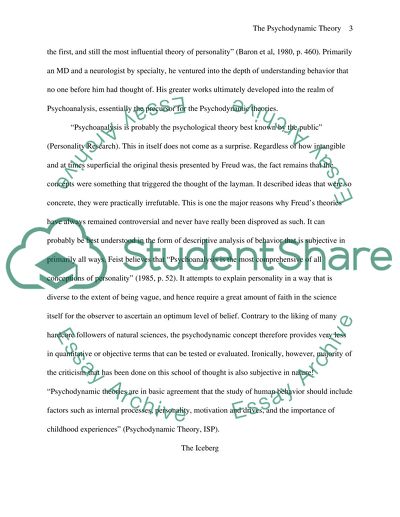Cite this document
(“The psychodynamic theory Book Report/Review Example | Topics and Well Written Essays - 2500 words”, n.d.)
The psychodynamic theory Book Report/Review Example | Topics and Well Written Essays - 2500 words. Retrieved from https://studentshare.org/miscellaneous/1501915-a-critical-review-of-the-psychodynamic-theory
The psychodynamic theory Book Report/Review Example | Topics and Well Written Essays - 2500 words. Retrieved from https://studentshare.org/miscellaneous/1501915-a-critical-review-of-the-psychodynamic-theory
(The Psychodynamic Theory Book Report/Review Example | Topics and Well Written Essays - 2500 Words)
The Psychodynamic Theory Book Report/Review Example | Topics and Well Written Essays - 2500 Words. https://studentshare.org/miscellaneous/1501915-a-critical-review-of-the-psychodynamic-theory.
The Psychodynamic Theory Book Report/Review Example | Topics and Well Written Essays - 2500 Words. https://studentshare.org/miscellaneous/1501915-a-critical-review-of-the-psychodynamic-theory.
“The Psychodynamic Theory Book Report/Review Example | Topics and Well Written Essays - 2500 Words”, n.d. https://studentshare.org/miscellaneous/1501915-a-critical-review-of-the-psychodynamic-theory.


